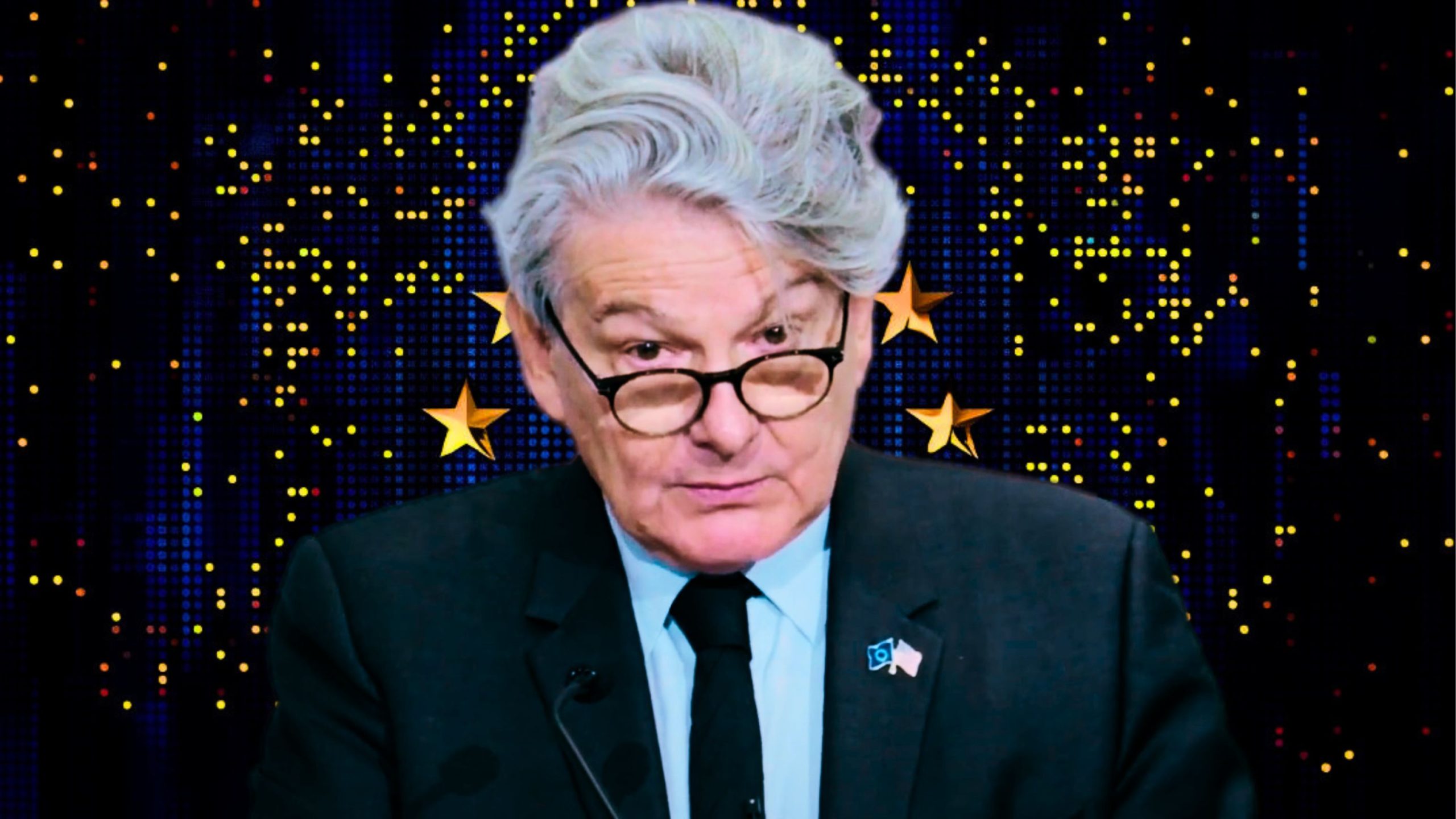According to anonymous sources cited in the press, the European Union (EU) is continuing with enforcement of its Digital Services Act (DSA) (known among opponents as the censorship law) – and the target this time is X.
Internal Market Commissioner Thierry Breton is expected to issue “a final warning” to X before EU bureaucrats go on their summer vacations. Failure to comply with the warning, according to the sources, could result in the social media company having to pay fines amounting to 6 percent of its global revenue.
The issue that the EU has with X in this particular case is the platform’s alleged failure to combat what the DSA designates to be “dangerous” content. If the formal warning is given, the EU will move to make a decision on whether to punish X at some point later in the year.
The accusations are contained in the European Commission’s preliminary findings concerning major social platforms’ compliance with the law. The probe into X was announced in December and has to do with the way content related to the October 7 Hamas attacks was “handled” on the social site.
X has chosen not to comment on these reports, while the Commission is quoted as stating that there are “no time limits on the next step” in its probe into the platform’s conduct.
Although DSA came into force last August, the EU seems to have chosen 2024 to launch its efforts to crack down on various platforms, with others under investigation now being another US giant, Meta, but also China’s TikTok and AliExpress.
According to the EU, the law is designed to force major tech companies to deal with content that is considered to be misinformation, hate speech, cyberbullying, terrorist propaganda, etc.
What the EU believes (or says it does) will result in improved “content moderation” – what free speech advocates see as yet another tool to ramp up censorship and pressure tech companies.
These firms themselves have in the past criticized DSA for lacking clarity (now they know how their users feel when they are censored based on broad and vague platform rules) and also as a threat to innovation – and to freedom of speech.













